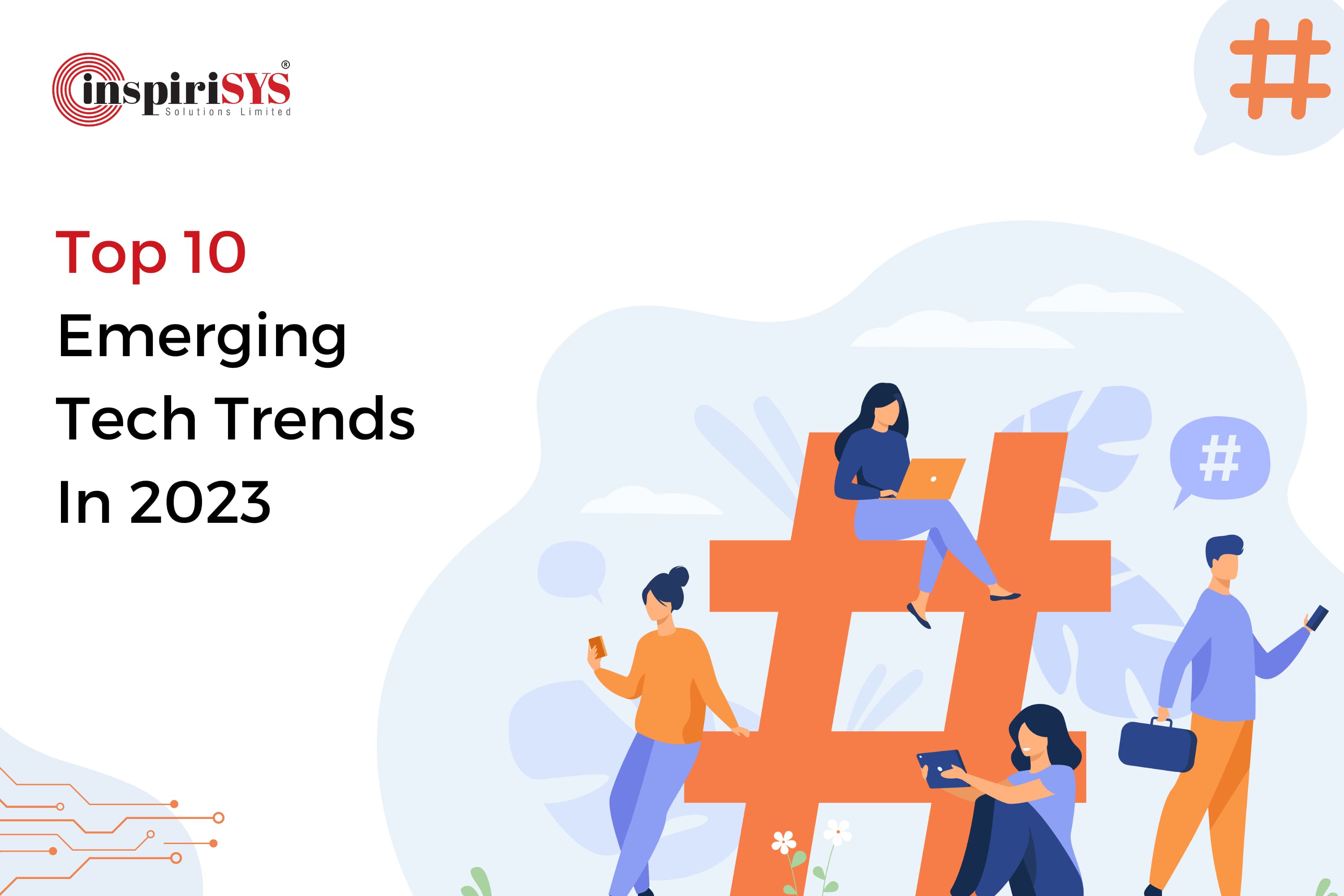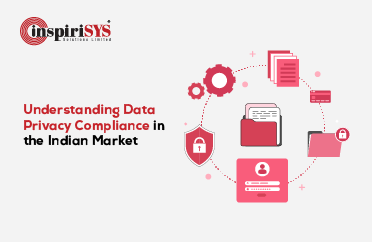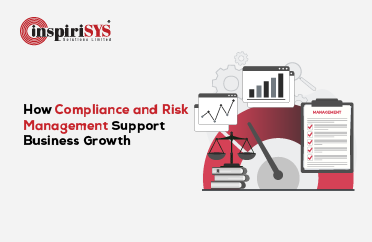A must-read article to find what trend might determine your growth this year.
“Let’s go invent tomorrow instead of worrying about what happened yesterday” – Steve Jobs
Embracing new technologies at their nascent stages can be a huge benefit for tech companies that want to strategize their future goals. New technological trends that emerge on a regular basis have the potential to revolutionize and break barriers to make lives easier. This article will tell you the top emerging tech trends that will reshape the future and help you get an idea of what’s coming in 2023.
Considering the growth of technologies like artificial intelligence with natural language processing and machine learning algorithms, 2023 looks more exciting and transformative. Tech enthusiasts and IT professionals are required to unlearn and relearn certain technologies to stay relevant and win as an individual and as an enterprise. Though forecasting technological waves is not easy, a few tech trends mentioned in this article may be critical for overall business growth.
Though the global economic climate and IT investments look dull because of the predicted recession in the coming year, it is encouraging to see what the analysts are saying.
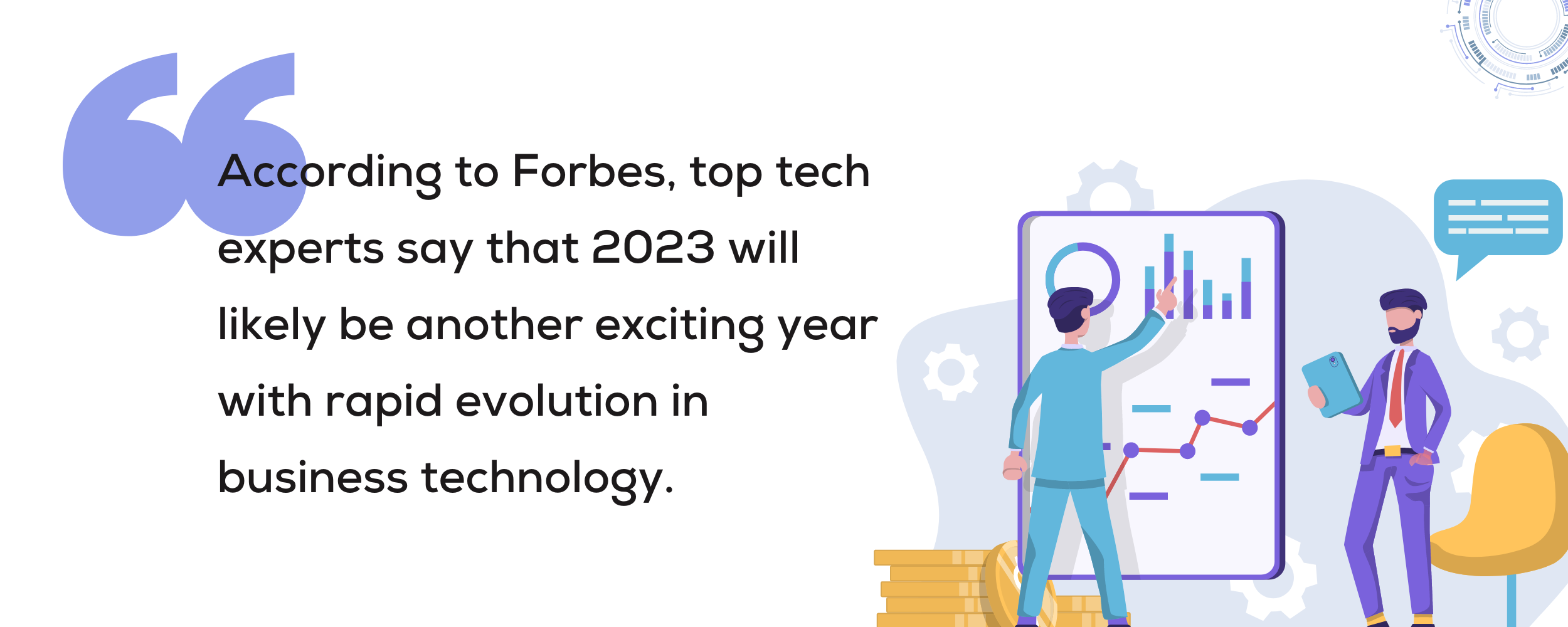
Listed below are the top 10 tech trends that we think can play a key role in your enterprise. The technologies mentioned below are not in any particular order as each technology carries its own weight when compared to others.
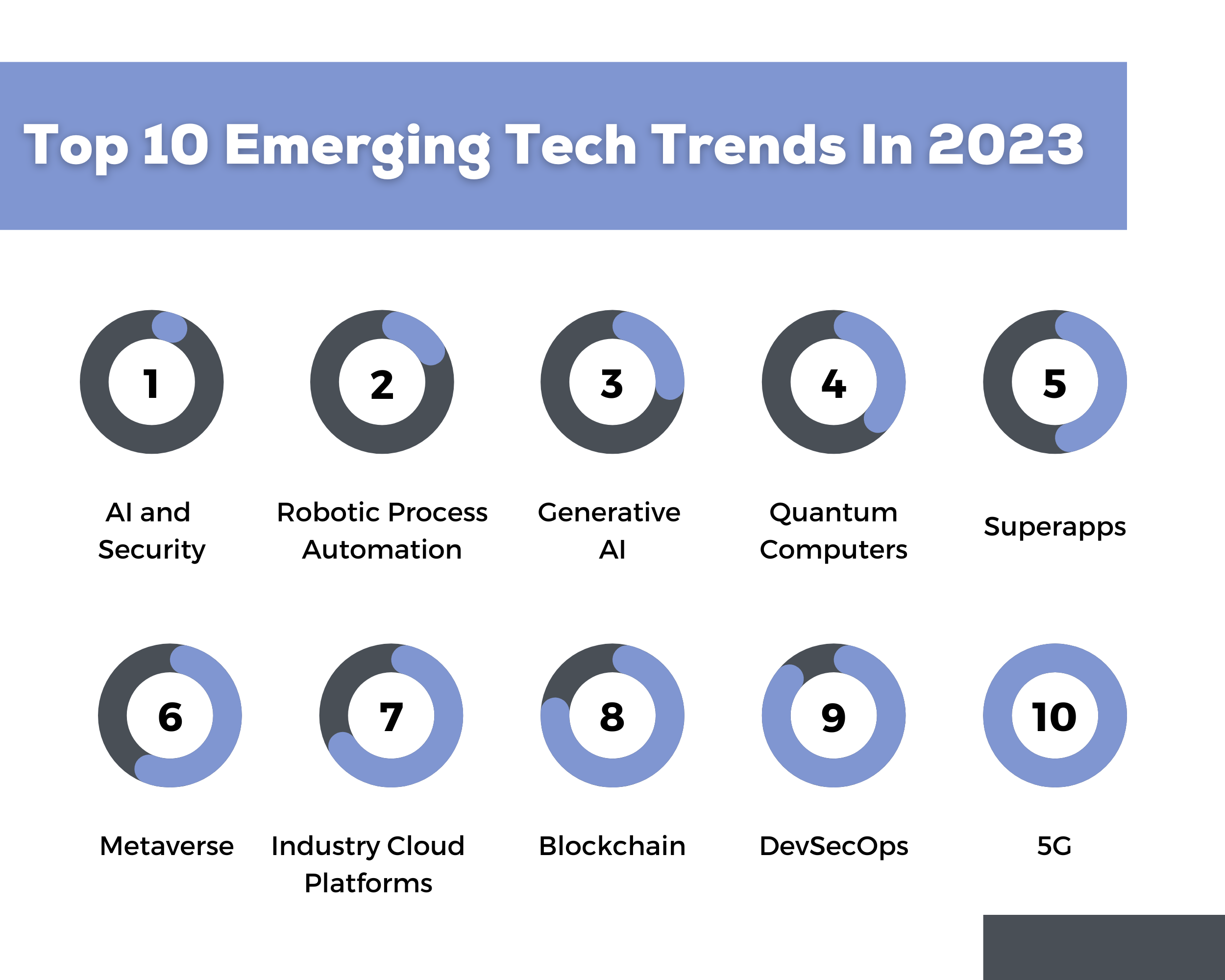
1. AI and Security
The first pick is artificial intelligence (AI) and this is an obvious trend that will be concentrated more in 2023. Though automation is already a big deal for many companies from different industries, AI is going to be more powerful for security purposes. In the era of data sharing, organizations need advanced security systems to protect their valuable information. AI provides such a system to detect threats and attacks, solve problems, and make better decisions.
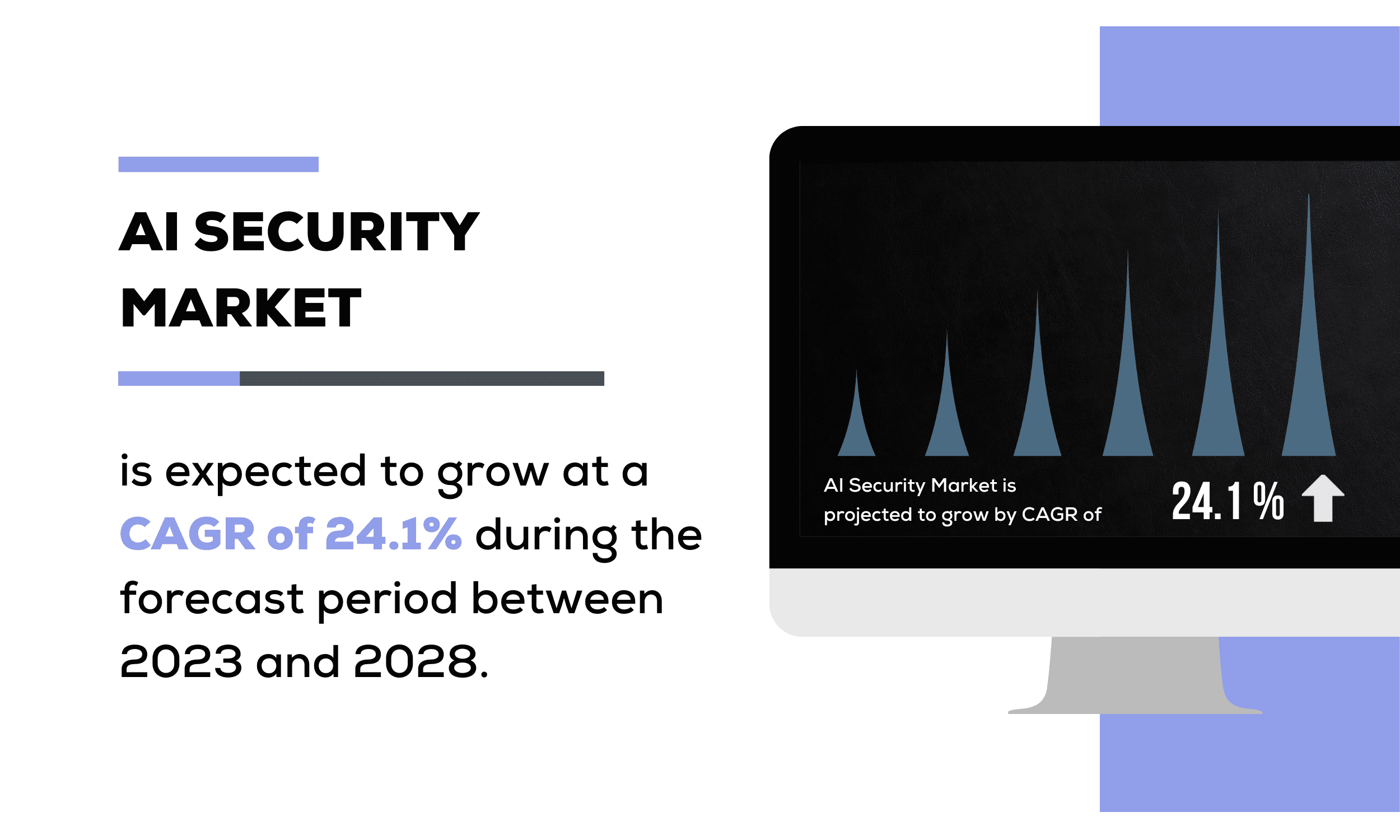
There are many ways in which AI will impact security. An AI system could be trained to look for patterns in user behavior and flag unusual activity as a potential security threat. It could also detect fake accounts or phishing attempts before they compromise your system. Predictions made by AI systems about potential threats and attacks can greatly help cybersecurity professionals to act quickly and avoid data losses for companies that deal with sensitive data.
2. Robotic Process Automation (RPA)
Automation of business processes is another trend that will make a significant impact on businesses. RPA, more linked with AI and ML, helps in cutting out repetitive tasks by using automation and robotic assistance.
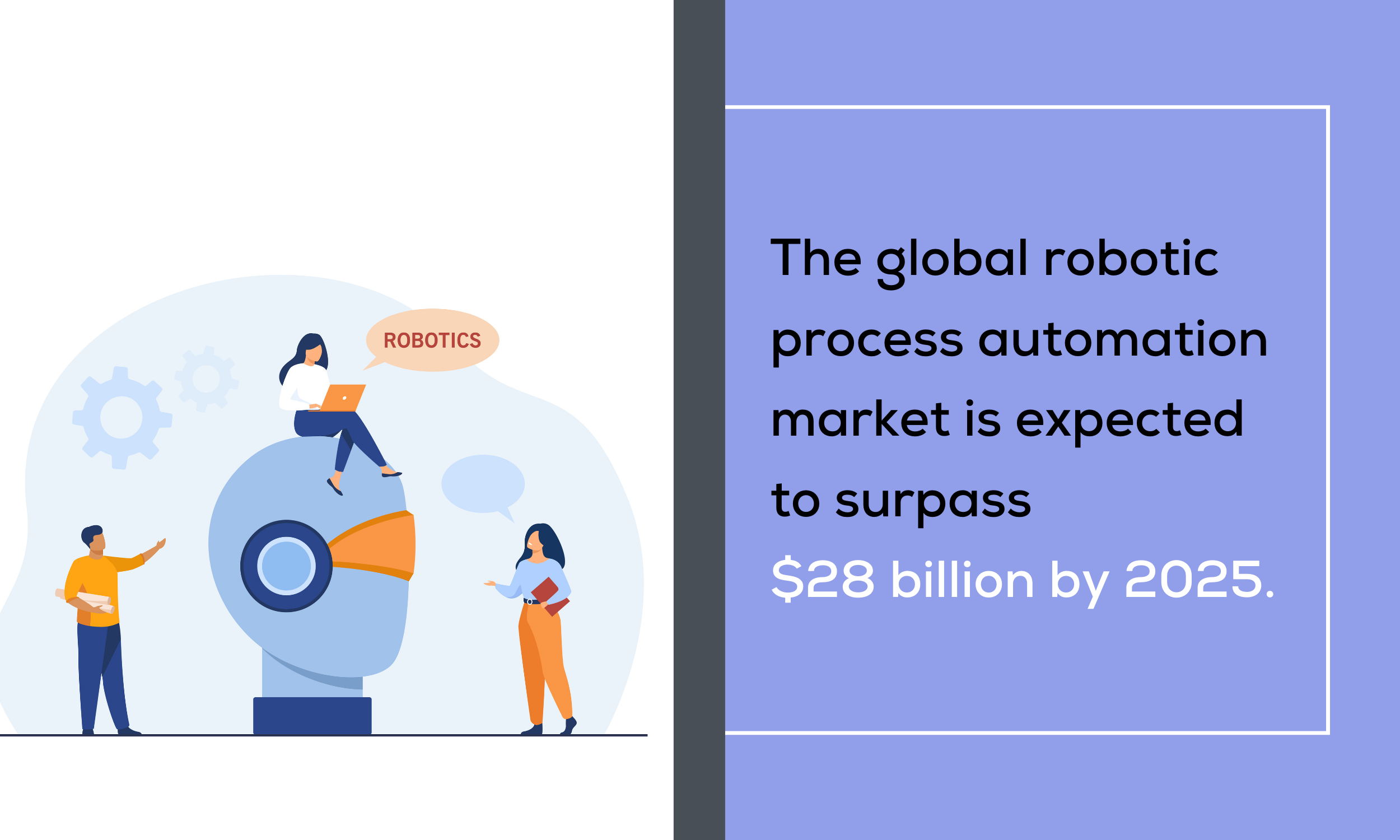
One of the main reasons for this technology to trend is that it can work perfectly in cases where the process is not very complex or when there are no variations in the process. Businesses can confidently rely on RPA and rest back to concentrate on other tasks that require humans and their skills. The main advantage of using this technology would be its nature of saving precious time. Also, customer experience will also be improved while using RPA.
Increased productivity using Robotic process automation will improve margins for companies and make them more reliable with high performance and fewer or no errors.
3. Generative AI
Generative AI is a branch of artificial intelligence that has attracted many investors in recent times because of its great capabilities to create content from just simple inputs or chats. Generative AI is changing the way we perceive the world. The applications of this technology are endless and it can be used to create new art pieces, solve problems in different fields and even help in our day-to-day lives.
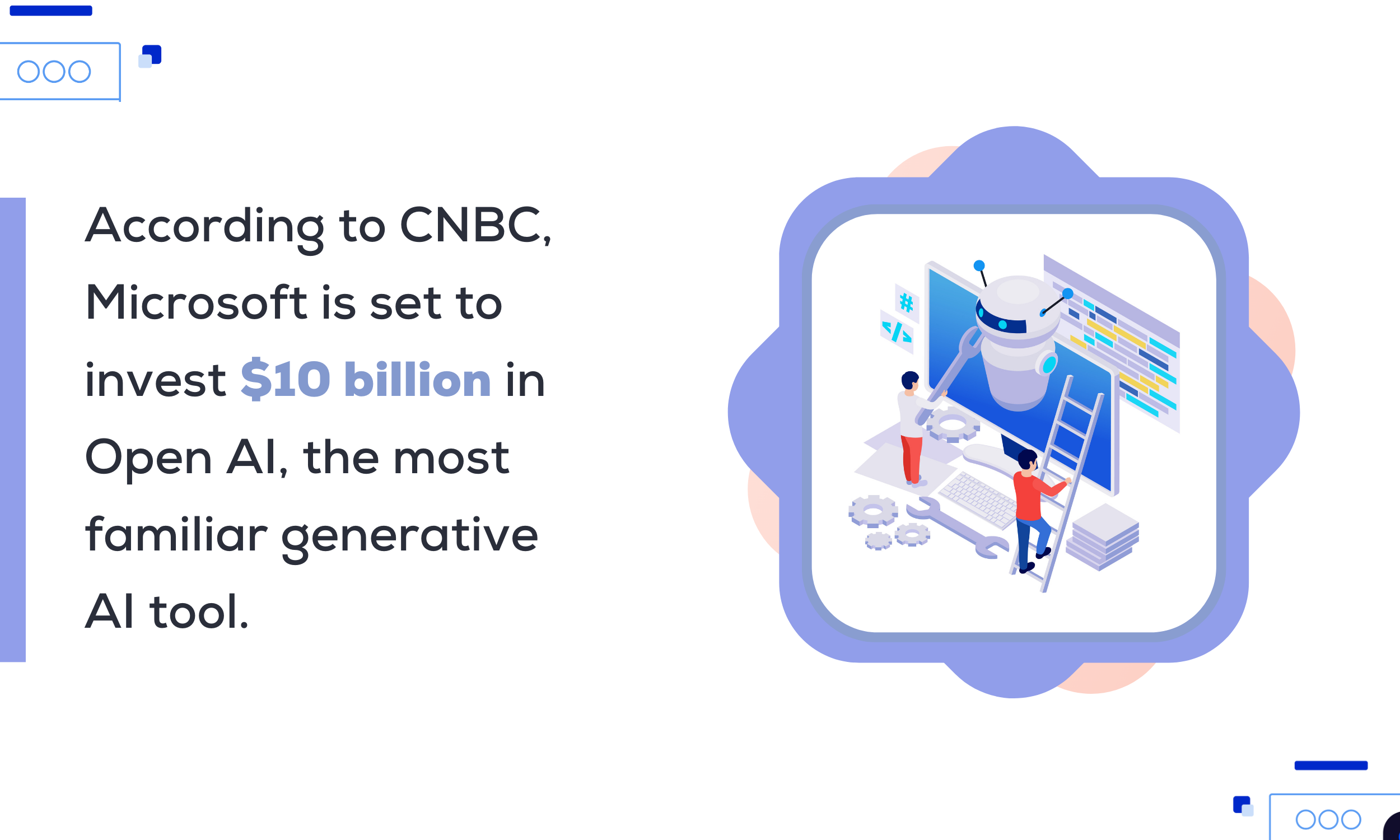
The most important thing about the algorithms of generative AI is that they can make computers more human-like by enabling them to come up with solutions on their own. This will let us interact with computers in a more natural way than before. It will also help us make better decisions as we will have access to data generated by machines instead of humans alone. Designers, developers, gamers, and people in the content and art creation industries largely benefit by using generative AI. Many believe that this can probably be the beginning of something big in the coming decades.
4. Quantum Computers
Quantum computing is the next technology trend that can redefine how business operations work. This technology uses a computing technique that utilizes quantum phenomena like superposition and quantum entanglement, which allows for more calculations to be performed simultaneously. Simply, quantum computers are able to perform more complex functions with greater speed and precision than classical computers.
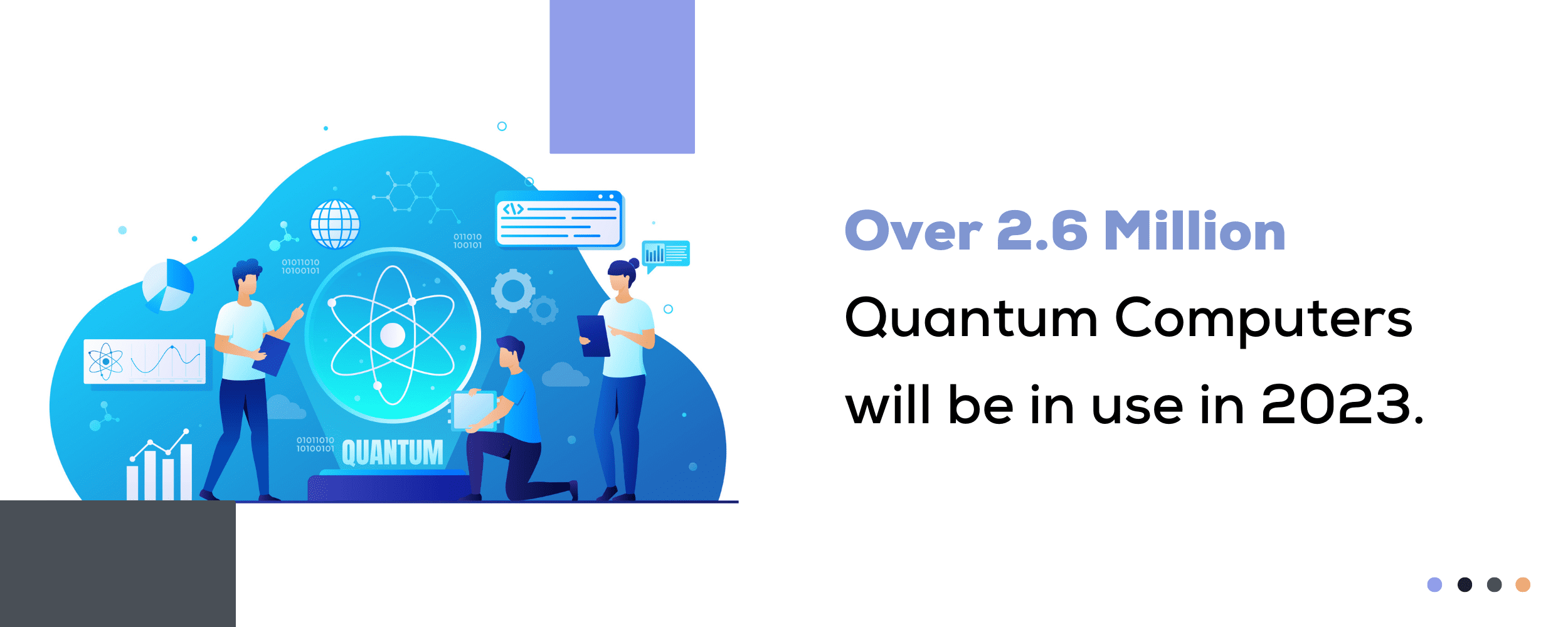
The cost-effective nature of Quantum computers is considered to be the biggest benefit as it allows businesses to accelerate innovation and do more productive investments. With this technology, companies can create products that are customized to the needs of their customers at a faster rate than ever before. They can also make better use of their data by finding insights in it that were previously impossible or too costly to explore. Overall, quantum computing has the potential to change how businesses are run by making them faster, smarter, and more profitable than ever before.
5. Superapps
Superapps is a simple concept of bringing several apps together in a single versatile application for easy access to different requirements. This technology is expected to be very popular soon and the global population is expected to shift to using a superapp instead of using multiple apps. In other words, the demand for this technology is expected to grow manifold in the coming years and it would be the right time to invest more in creating superapps.
Superapps are very useful as they allow you to do everything from one place. There will be no need to juggle and manage between your favorite sites and apps because all the required platforms are put into one superapp.
Though this technology has been in development for some time now it is time for organizations to realize the need for superapps as a solution for consumers. Moreover, Superapps have the scope to be more intact with other futuristic technologies like chatbots, AR/VR, and metaverse.
6. Metaverse
This is a technology that will easily qualify for this top 10 list and you might have been waiting for this part. Metaverse is nothing but a virtual world typically made up of several interconnected virtual spaces with avatars and objects for an immersive experience. The market of the metaverse is expanding day by day and this indicates the massive growth of the technology in the coming decade.
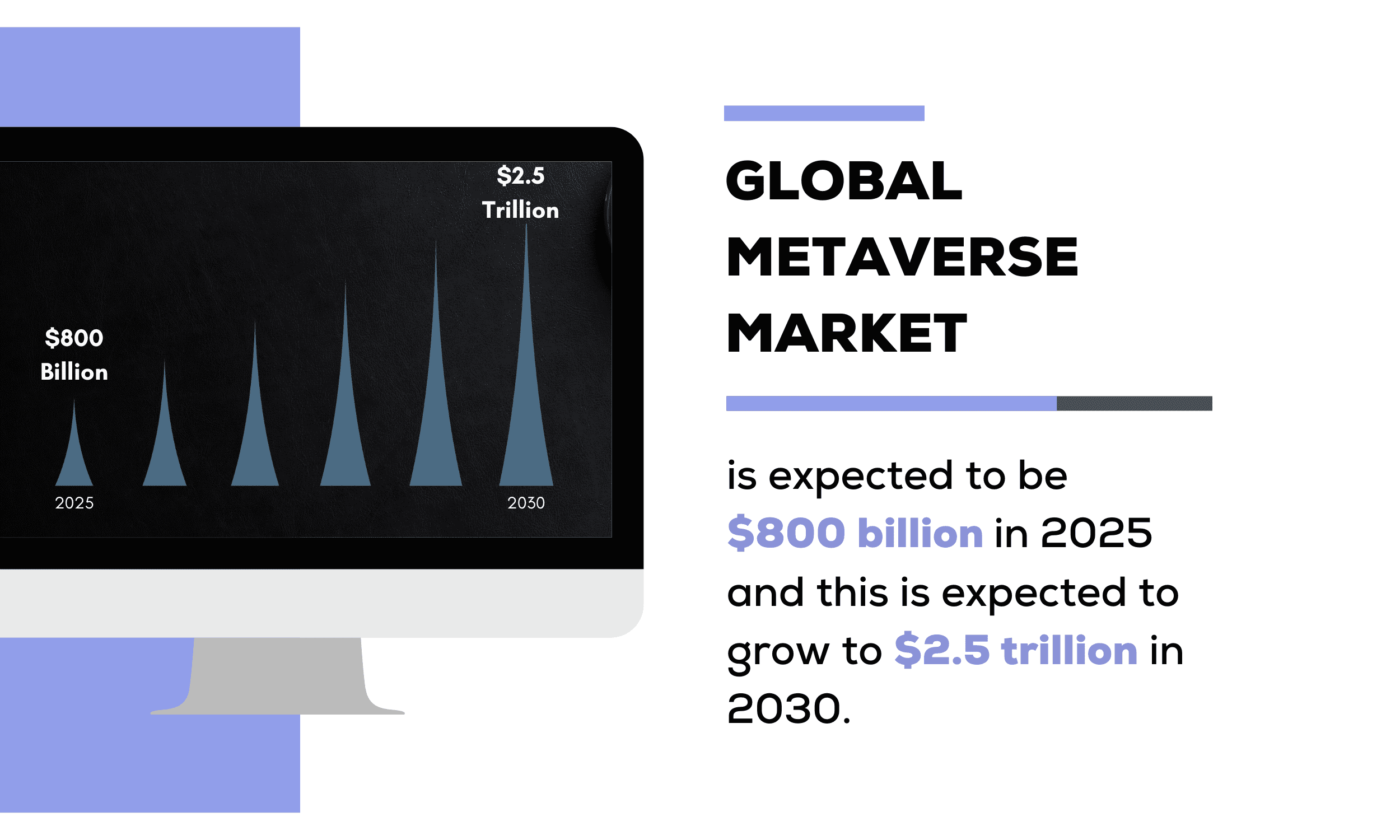
Metaverse can be used in various fields such as education, entertainment, business, healthcare and many more. It also has many potential features which makes it even more interesting. It provides a space where users can create, share, explore and transact using digital assets. Also, the open-source platform allows developers to create new applications on top of their blockchain without any hassle.
7. Industry Cloud Platforms
Companies can incorporate industry cloud platforms to manage workloads in a much more efficient manner and be more agile at the same. This is an important trend because the combination of SaaS, PaaS, and IaaS with customized industry-specific technologies is a great opportunity for organizations to adapt better to situations.
The benefits of using industry cloud platforms are numerous:
- Reduces costs by using industry cloud platforms for managing workloads instead of having to hire additional staff to do so
- Improves the quality of your services or products by being able to monitor performance and adjust accordingly
- Creates more innovative solutions by leveraging technology that allows you to test new ideas quickly and efficiently
8. Blockchain
The advance of blockchain technology also looks inevitable in 2023 as many companies creating more decentralized models to provide products and services. Though the technology is more known for its part in the crypto world, there are many other important things it can do. For example, blockchain can prove to be the best security solution that can be trusted more than any other technology. Moreover, Non-fungible tokens (NFTs) are becoming more common recently and it also signals the boom of decentralized applications (Dapps) built using blockchain. Digital assets are invading several industries and the demand for implementing blockchain is becoming necessary by all means.
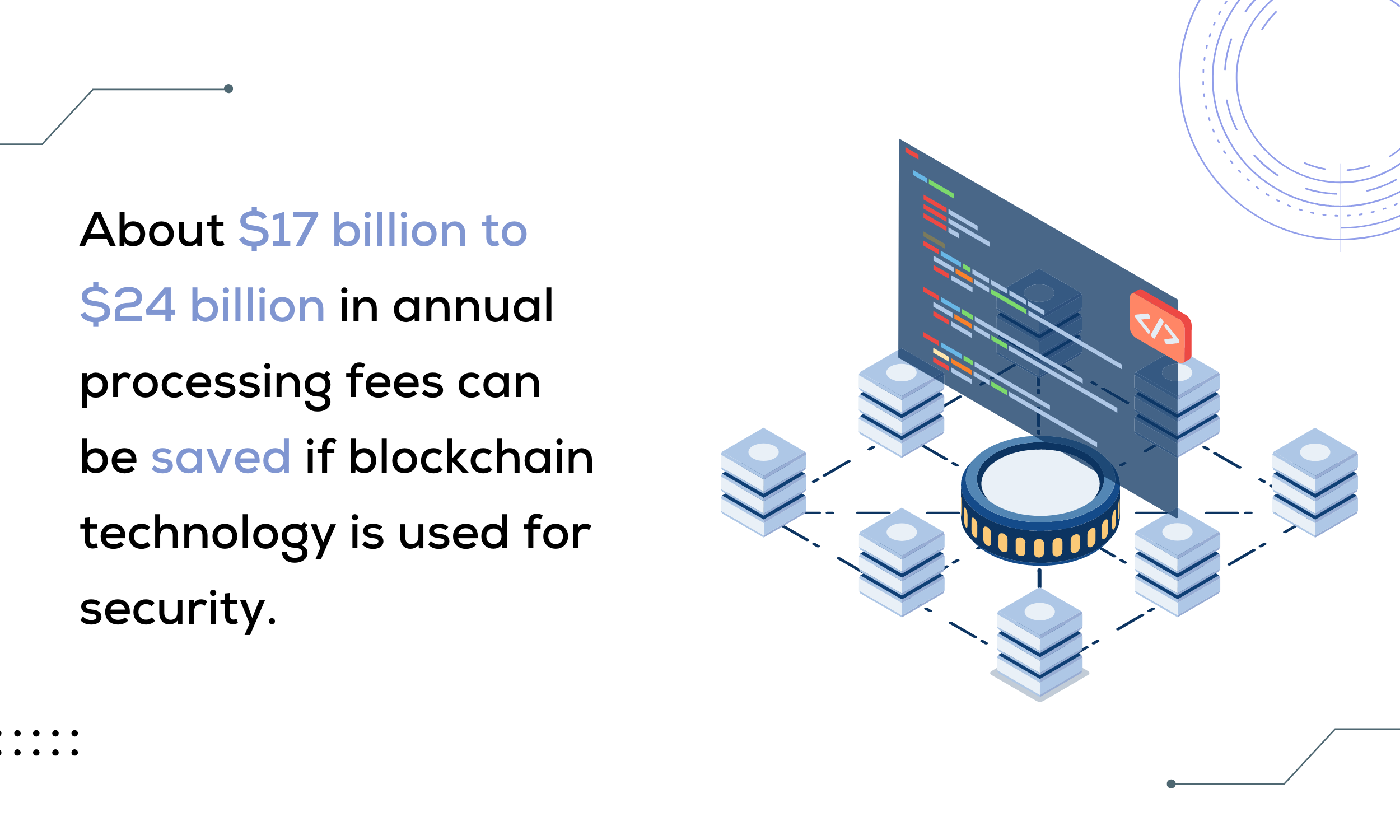
Privacy, encryption, immutability, and community control are a few pillars of blockchain and these pillars are the most needed qualities in the tech world. To add on, when this technology is implemented there is no opening for any tampering that can possibly disrupt an exchange.
Lastly, blockchain has a key role to play in multiple environments like smart contracts and supply chains that are going to further modernize the current world.
9. DevSecOps
Security is definitely going to be a big concern in the coming years and there is no technology that will leave it to second fiddle. Software Development Life Cycle (SDLC) will closely work with DevSecOps methodology to make sure processes are secure, avoiding errors and delayed time to market. Use of DevSecOps methodology will be on the rise to bring a no-touch automation approach in the CI-CD pipeline for efficient security checks throughout the development and operations.
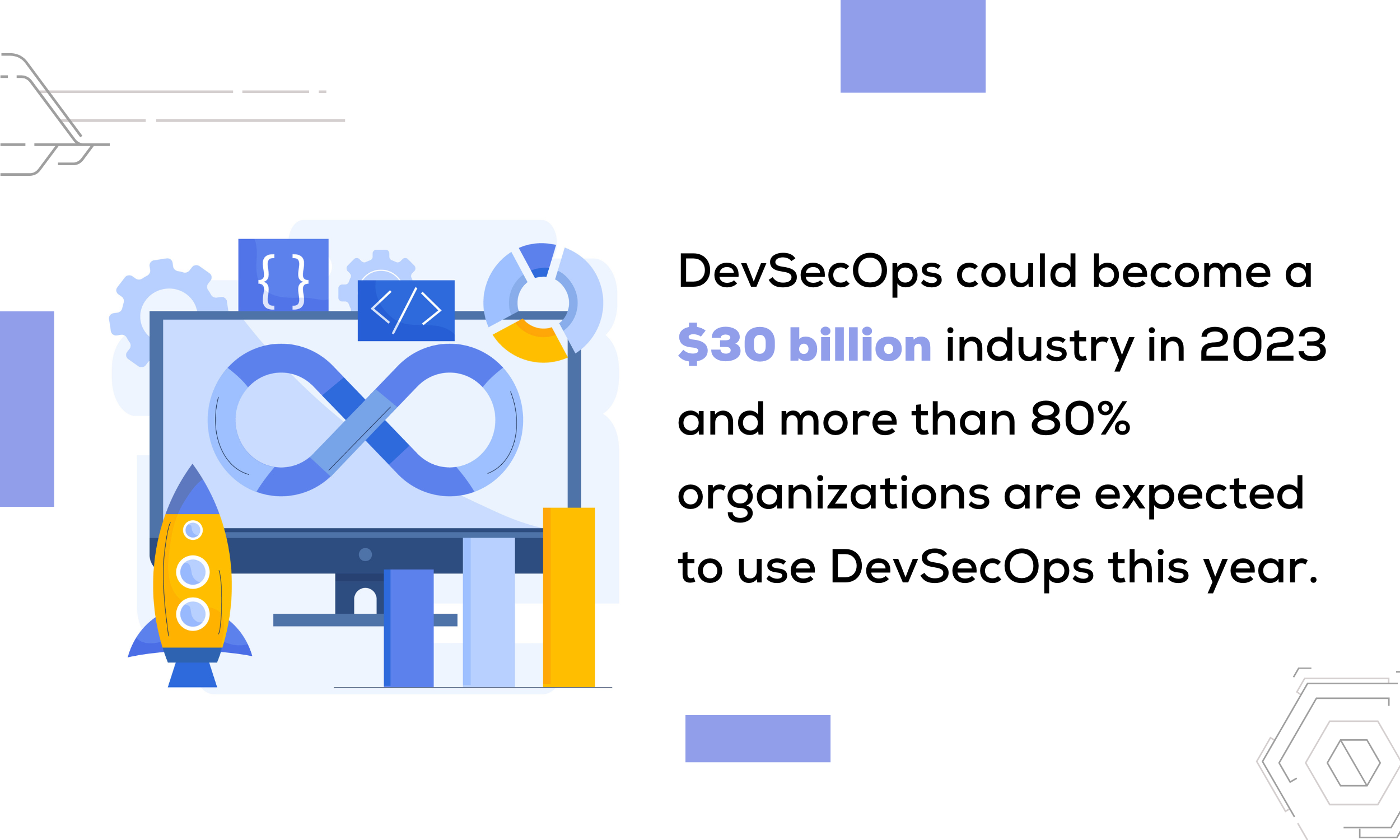
The DevSecOps methodology provides an opportunity for organizations to improve quality and security of their products and services, and increase customer satisfaction. It also helps companies identify vulnerabilities at the earliest stage of development and address security issues promptly.
Read more on DevOps best practices here.
10. 5G
Most of the technologies mentioned above will probably rely on the success of 5G technology and its deployment. High-speed internet will be a basic requirement to move towards an advanced technology-based world. This demand can be capitalized well by telecom companies that want to sustain themselves in the fast-growing world. There are several benefits that accompany 5G and the technology is set to have a great impact on many industries including healthcare, manufacturing, transport, and supply chain. Bufferless online streaming will become easy and virtual reality and augmented reality with 5G will bring great advancements to work culture and goals.
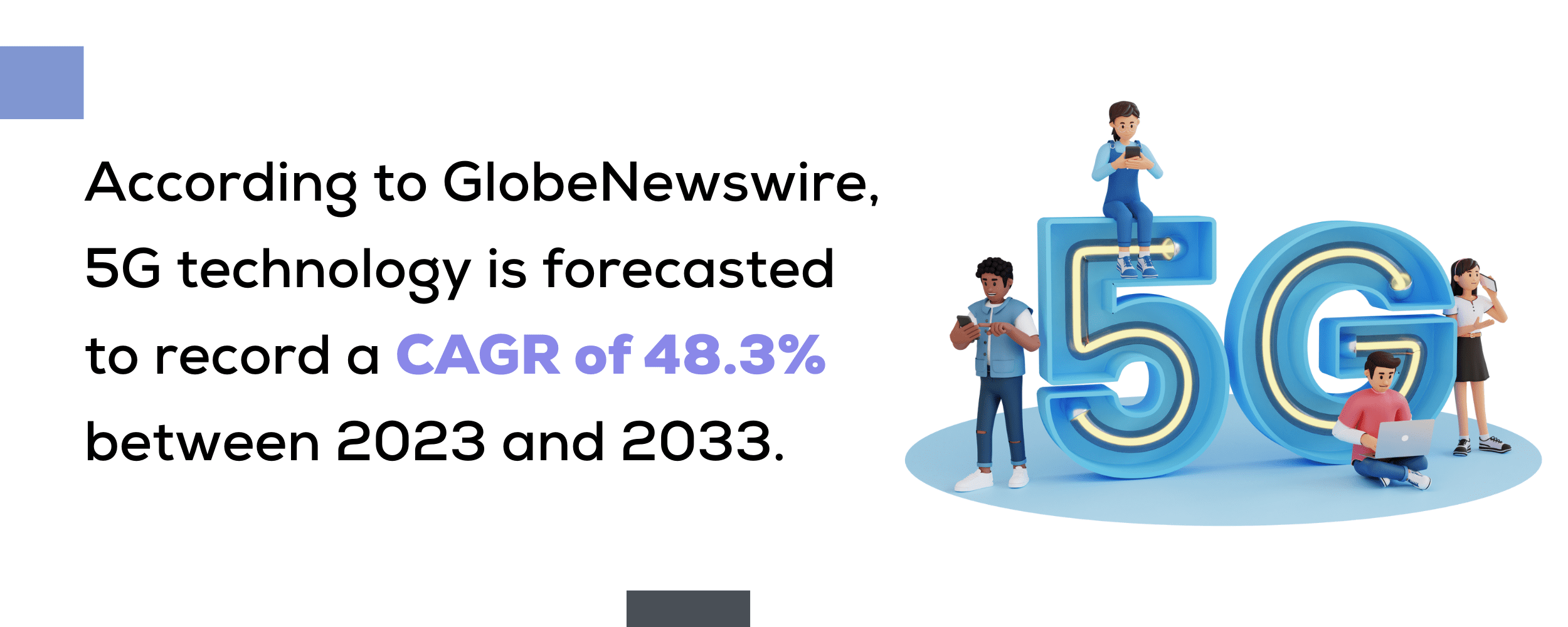
The 5G technology will enable us to experience the best of what the internet has to offer. Applications that we use in our day-to-day lives will be more efficient and faster, which will encourage many people to adopt this technology. It will also improve the quality of life for many people by providing them with better access to education and other essential services.
Abstract
On the whole, it is clear that humankind is going to witness a great shift the way lives are going to be led. Tech experts, analysts, and researches will never stop with their pursuits to invent and innovate more modern technologies and the desires of consumers/customers are not going to stop either. Applying new technology to a business environment can be challenging. However, it is necessary to stay up to the trends and adopt new technologies for a company's success in the competitive market. At Inspirisys, we provide a range of modern technology services that can take your business to the next level. Our collaborations with you will be smooth and you can expect top-quality products and services delivered on time.
People Also Ask
1. Which technology will be in demand in 2025?
Considering all the advancements we have attained in terms of technology, it is still difficult to predict what technology will bloom in 2025. Because, the success of a technology depends on various factors including demand, market trends, economic conditions, research, and more. However, we can expect a set of technologies to rise for the best in the year 2025 such as AI/ML, cloud computing, 5G networks, blockchain, and Cybersecurity. Though these technologies sound obvious and well-known, it is what it is. The technological world is continuously spreading a lot of information about the future and this practice is making us more aware of what’s coming.
2. What big things are happening in 2023?
This is a tricky question but one thing is for sure, 2023 is going to be another exciting year. Leading technology based firms are set to invest very wisely on futuristic technologies to secure themselves and improve better. We will probably see 5G networks become mainstream. The technology has gone through all the developments and testing stages and it is now ready with all supportive infrastructure to come out for public usage. Online streaming will be more comfortable and there will be no buffering screens when 5G is in use. 5G networks are much faster and more reliable, so we'll be able to do a lot more cool stuff with our devices when they become widely available. Another big technological advancement will be the further growth of AI and its impact on our daily lives. Our news feeds and suggestions will be relying more on algorithms that use AI systems to analyze our data to personalize our experience.
3. What technology to expect in the next 10 years?
The next decade has a lot of interesting technologies to offer us. There will be more and more intelligent machines, tools, and systems that help us do our jobs better. We already have some examples of this—like voice-activated assistants like Siri or Alexa, or smart cars that can drive themselves. But in 10 years, we'll see even more advances in these kinds of technologies. We'll also see more advances in the robotics industry. Right now, robots are used mostly for manufacturing tasks like welding or painting cars. In the future, they might be doing your laundry and cleaning your house.
4. What is the latest technology in India?
India, being the fastest-growing tech hub in the world will be looking forward to implementing all the latest technology trends like IoT, 5G, AI/ML, blockchain, VR/AR, and NLPs. It is impossible to select a particular technology that is the latest in the country as we are into all modern technologies. However, it is a known fact that most of these technologies are interconnected. Hence, when any latest technology is brought into contention other technologies that rely on it will automatically follow.


